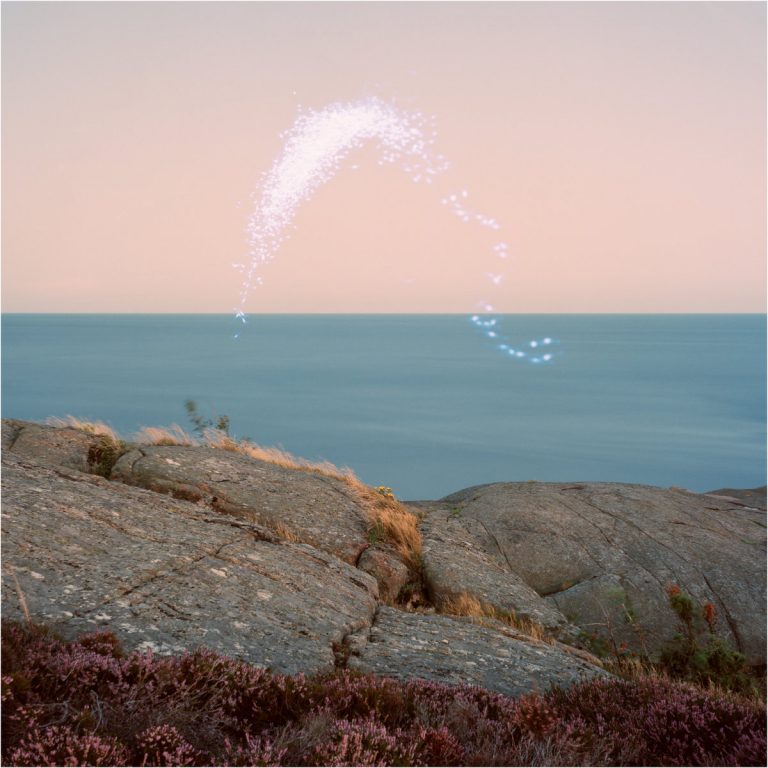The Ramble is probably the only place on earth known for gay sex and birdwatching. For a long time, tourists have been cautioned against entering the heavily wooded area of Central Park, hysterical stories about robberies at gunpoint repeated in any listening ear. Most recently, it was the site of a racist attack by a white woman, walking her dog unleashed, on black birdwatcher Christian Cooper. And the last track on Cassandra Jenkins’ excellent new record, An Overview on Phenomenal Nature, is called “The Ramble”. The song is an extended slice of shimmering ambient, guitars and synths and birdsong imitating the sound of sun burning the dew off grass. But the Ramble, a place with many identities, sums up the themes of Phenomenal Nature with ease; it’s an album about our fractured self conception and the ways we try to put it all back together.
Opener “Michelangelo” begins with a verse that doubles as a thesis: “I’m a three legged dog / workin’ with what I got / and part of me will always be / looking for what I lost.” Everything in the song seems preordained: the fly around her head, an inevitable death, and “the villain / in the age old tale I’ve been living.” And despite how much is out of her control, Jenkins still finds a spiritual commonality with the titular sculptor, carving herself “out of marble.” In that contradiction, Jenkins asks the question, do we construct ourselves or are we made by the forces around us?
Album centerpiece “Hard Drive” offers an answer, maybe. It’s a spoken-word piece, with a sung chorus about how our minds hold information, collecting memories and ideas, and the song offers a few seemingly unrelated moments, although they all cohere in an unconscious way. The people around Jenkins worry about her: “Have you been seeing a therapist? / You seem on edge, / are you always this nervous?” one asks. “Oh my dear I can see you’ve had a rough few months. / But this year? / It’s gonna be a good one,” says another. A bookkeeper tells her about new age mythos and a security guard complains about Trump. The other characters need to talk to Jenkins as much as she needs to talk to them. At the end, her friend reassures her that they will put together “all those little pieces they took from you.” A “one, two, three” count leads the song out, with deep breaths, reassembling.
The security guard at the Met Breuer tells Jenkins that “sculpture’s not just formed from penetration.” It’s an idea that pulls us back to “Michelangelo”, but also to the way Jenkins writes. Her lyrics string together impressions into meaning, placing images around an idea to illuminate through relief. Sculpting from stone requires slowly carving away to find the object inside the marble, much like our therapists probe us from every direction until they find the core of our problem. Modern anxieties fuel Phenomenal Nature, even if it’s not an anxious album. Jenkins sounds at peace with “the panoply (of) people inside me.” Many of us aren’t.
“New Bikini” is a song about solving the unknowability of self. In each verse, someone is mourning, depressed, or sick, and a new character says to “go get in the ocean / the water, it cures everything.” Jenkins never says if the water does cure everything, but she repeats the axiom to a friend anyways. It’s an answer she gives reflexively; there is no other option but to believe something can be done about pain.
The sound of Phenomenal Nature, too, is both fractured and coherent, as Jenkins has expanded from a simple guitar-bass-drums set up to include violins, saxophones, and synths in her compositions. At its best, all these instruments cohere into a delicate drone, a shimmering thing that sounds like an infinity pool: no edges, just a reflective surface. This also proves a broader point: if harmoniums and banjos can reconcile with each other, why can’t we be comfortable with our competing senses of self?

